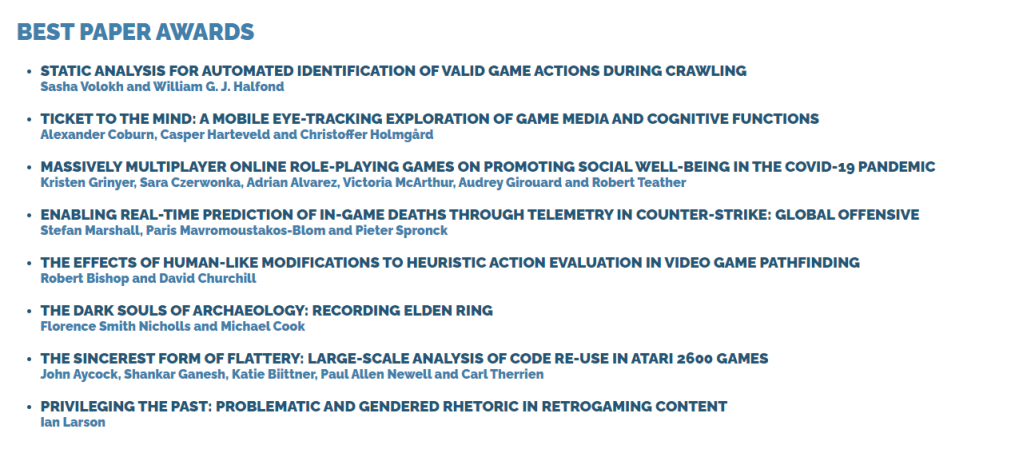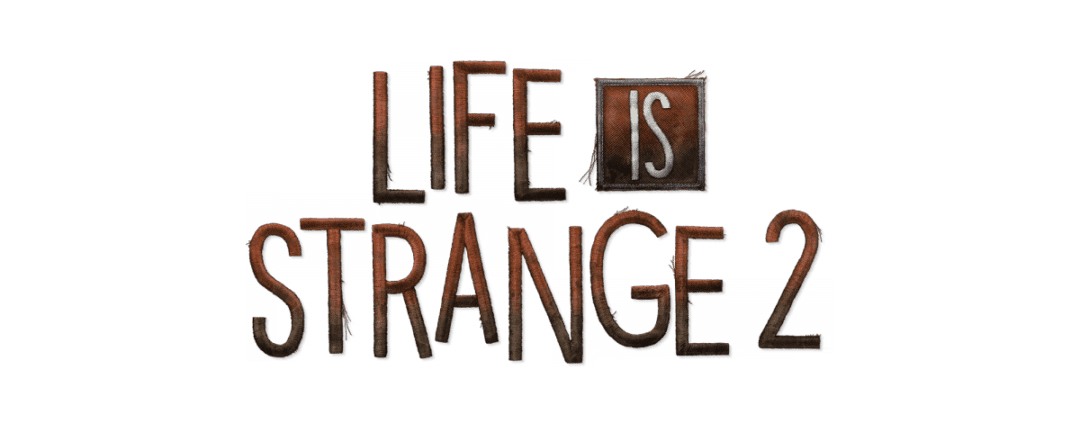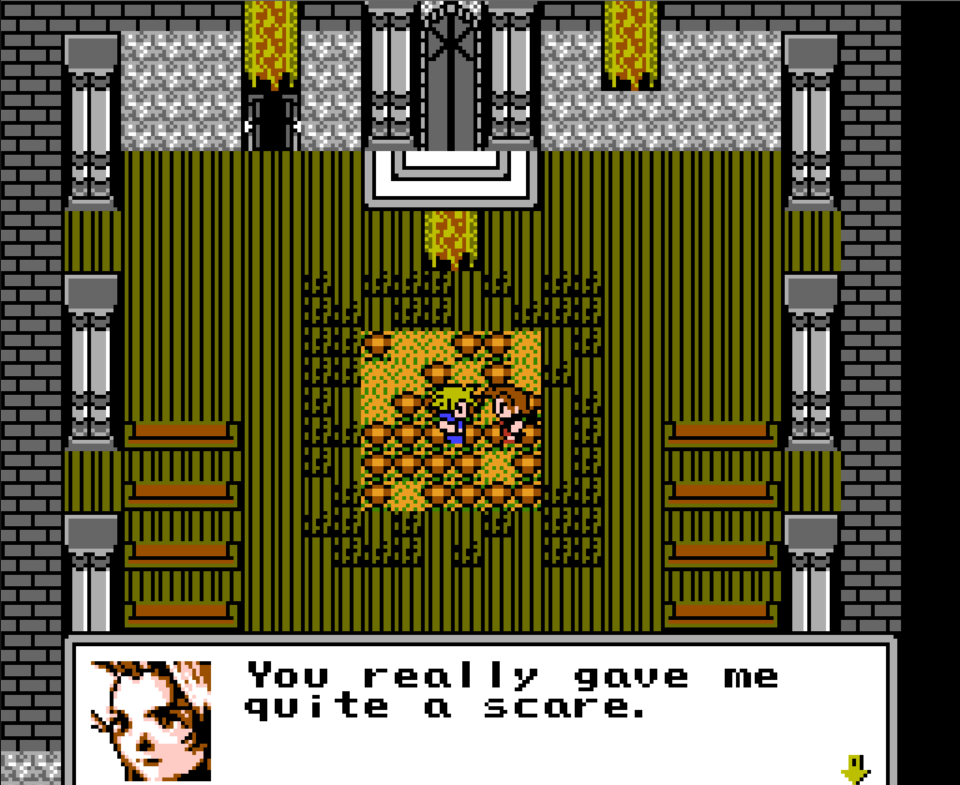Wanted to share a review of Life is Strange 2 by CaLea Johnson, who shares an interest in the intersection of sociology and video games.
Here is CaLea’s description about herself and her interests:
“I am a blogger who likes to write about the sociological aspects of video games. Examining how and why video game developers include social issues into games forms interesting viewpoints. I encourage people to enjoy playing video games through an analytical lens as this can create entertaining learning experiences!”
I’ll post the introduction of the review, but I encourage you to go to her original blog post here and share/comment there. Thanks to CaLea for sharing your interest in the subject!
—————————-
Life is Strange 2 Review — A Riveting Adventure
Video game developers don’t tackle social issues very often because it’s challenging to talk about subjects that are so sensitive. Dontnod Entertainment boldly accepted the challenge by creating Life is Strange 2. The result is a compelling choice-based game that explores how Mexicans experience racism in America.
The plot of Life is Strange 2 is the most fascinating part of the game. It’s centered around two brothers, Sean and Daniel Diaz, whose world is turned upside down when their father, Esteban, is wrongfully murdered by a cop. To make matters worse, Daniel’s newfound telekinetic powers accidentally kill the cop. The kids decide to flee America and seek refuge in Puerto Lobos, Mexico to avoid being separated.
The bravery of the developers is admirable since they centralized the plot around racism. When Esteban is shot by the cop, the main theme of the game becomes crystal clear. It focuses on the fact that some perceive certain ethnic groups as inherently dangerous. In other words, some people are guilty before being proven innocent. Furthermore, the Diaz brothers encounter many who are consumed by bigotry and hatred while traveling, forcing them to face the harsh reality of being a minority in America.
—————————-
For the complete review, head on over to CaLea’s Medium page











